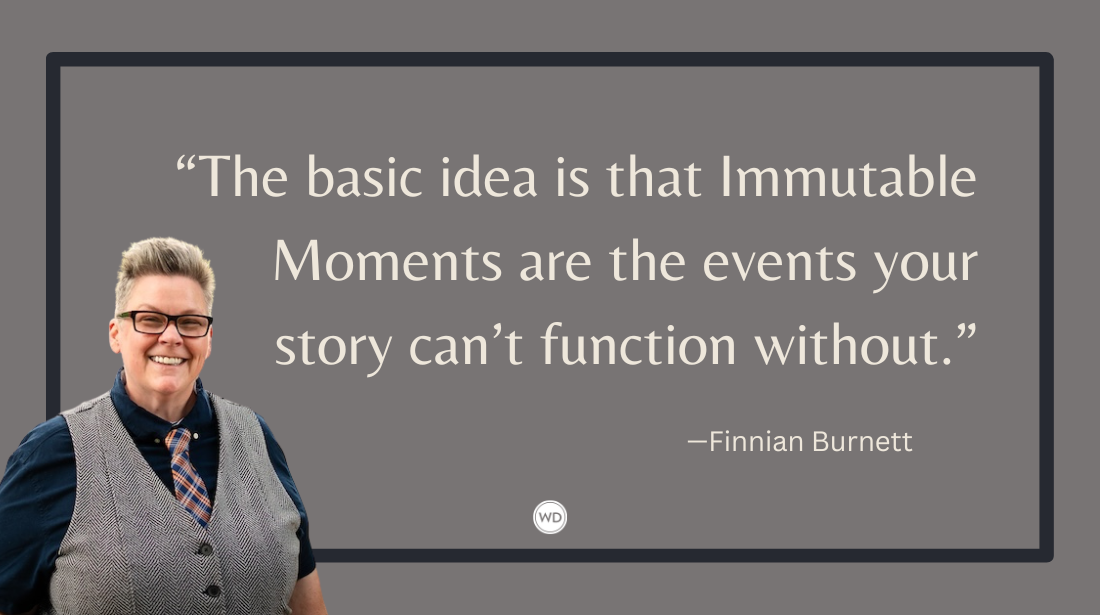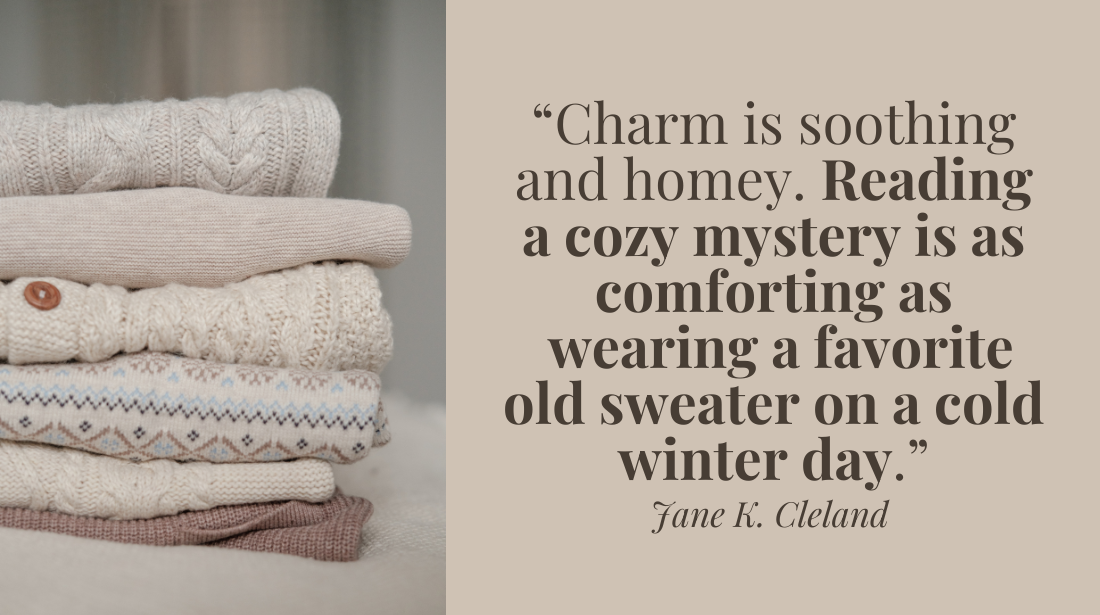Writing Mistakes Writers Make: Forgetting To Read
The Writer’s Digest team has witnessed many writing mistakes over the years, so this series helps identify them for other writers (along with correction strategies). This week’s mistake is forgetting to read.
Everyone makes mistakes—even writers—but that's OK because each mistake is a great learning opportunity. The Writer's Digest team has witnessed many mistakes over the years, so we started this series to help identify them early in the process. Note: The mistakes in this series aren't focused on grammar rules, though we offer help in that area as well.
Rather, we're looking at bigger picture mistakes and mishaps, including the error of using too much exposition, hiding your pitch, or chasing trends. This week's writing mistake writers make is forgetting to read.
****
So much writing advice is to “write every day,” and that holds true. It’s the very best way to make a habit of writing, to fit it into your daily schedule as much you do anything else because the more you do it, the easier it gets. The writing itself will always ebb and flow, but sitting down to write will feel more natural.
But there’s an element of which I think just as important to make a habit, to fit into your life as part of the writing process: reading.
This might be a hot take, but I feel like I’m a reader first and a writer second. That’s because I wouldn’t have been drawn to writing in the first place if reading didn’t continue to impact my life in the way that it does. I want to make other readers feel how I feel when I read certain books, but how do I do that if I haven’t made time for reading in my daily life the same way I’m trying to with writing?
I’ve been to many author signings, and a question that is often asked is what they’re currently reading. More than once have I heard authors lament the lack of time to read due to their writing obligations. True, when you’re on a deadline, it’s hard not to put all your focus on the writing process. But I would argue that making time for reading—particularly books similar to what you hope to achieve as a writer—is just as valuable to the process as getting words on the page.
Here’s an example. I try to write creatively every day, and for some months I’ve been working on one particular idea. Things were off to the races at the start, as is what usually happens with new, exciting concepts, but slowed to a stop after several weeks of good work. What happened? I could see it in my head perfectly, but when I went to write, there was a disconnect. I was feeling less creative, the process becoming a little too routine.
And then it dawned on me that while I was going full steam ahead on writing, I had neglected my love of reading. But the idea of starting something new felt overwhelming, so I turned to a book I already loved, Another Brooklyn by Jacqueline Woodson, and started reading it casually at my desk.
The reaction was almost instant. Within the first few paragraphs, I was feeling inspired again. I have always loved the way Jacqueline writes about friendship, how she treats those relationships with the weight they deserve, and reminding myself of my love of that book emboldened me to work past my own glitch.
Read To Write
Now, I have two rules set up for myself that I consider part of my writing process:
- Read for an hour every morning
- Keep books near me that inspire me
By starting my days off reading, I engage with something that I love, but I’m also thinking critically. What do I like about what I’m reading? How would I have done it differently? What can I learn and implement into my own storytelling from this story?
Furthermore, keeping books around that I admire while I’m writing has helped me work through so many writing slumps. The books change depending on what I’m working on, but the effect is always positive. When I’m not sure if my dialogue is working, I've read a few pages of Steven Rowley’s The Guncle, whose dialogue is masterfully rendered. When I’m struggling with setting, I've turned to Lauren Groff’s Fates and Furies, whose prose are so poetic, I feel like I’m there. You get the idea.
What Books To Read
Not sure where to start? What’s worked for me is to research what other books people have read who have also read some of my favorite books. Then I’ll also read reviews, from critics and readers, and add them to my TBR pile.
Also, keep an eye on what’s coming out soon from sites like Goodreads.com, and browse around Bookshop.org for their curated lists. Oftentimes, authors themselves put together lists of their favorite books, and when I know what has inspired authors that inspire me, I get a better sense of where to go with my stories, too.
****
It’s hard to separate the solitude of writing with the community of reading. We write our stories independently, hoping that they will touch the lives of many. This can feel like opposing forces at work, like writing and reading are acts separate from each other, but we simply can’t have one without the other. Don’t sideline one for the sake of the other; by prioritizing both, your writing life and reading life will flourish.
Michael Woodson is the content editor at Writer's Digest. Prior to joining the WD team, Michael was the editorial and marketing manager for the independent children's book publisher Blue Manatee Press. He was also the associate editor for Artists Magazine and Drawing magazine, and has written for Soapbox Cincinnati, Watercolor Artist, and VMSD magazine. An avid reader, Michael is particularly interested literary fiction and magical realism, as well as classics from Jane Austen, Ernest Hemingway, and E.M. Forster. When he's not reading, he's working on his own stories, going for a run at his favorite park, or cuddling up to watch a movie with his husband Josh and their dog Taran.








